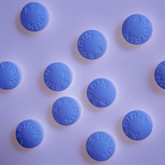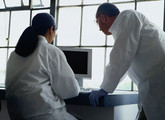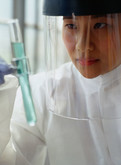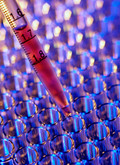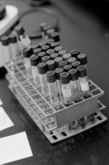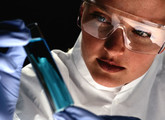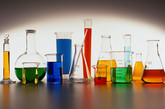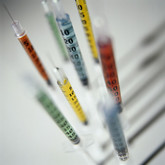Biosimilars/Research
|
Posted 15/02/2013
The Brazilian pharmaceutical market is the third largest in the Americas region, behind the US and Canada; it ranks first in the Latin American region. Pharmaceutical demand will continue to rise, fuelled by increasing disposable income. Despite this positive outlook, the trade deficit in Brazil grew from US$700 million at the end of the 1980s to a cumulative US$7.13 billion in 2008. In 2008 alone, Brazil imported US$1.4 billion in vaccines, serum and blood products, while exporting US$37 million in medicinal products with low added value [1].








